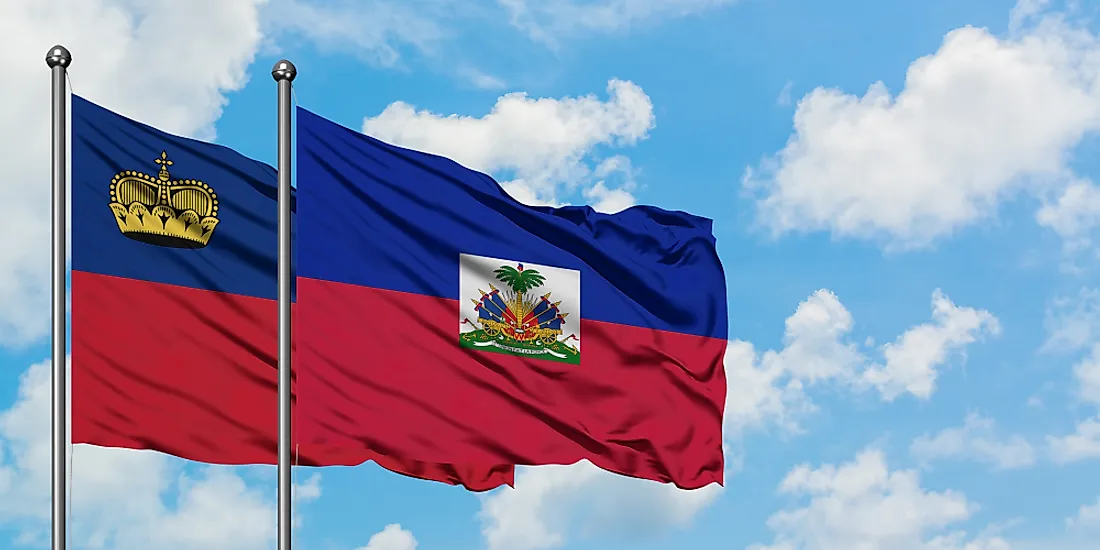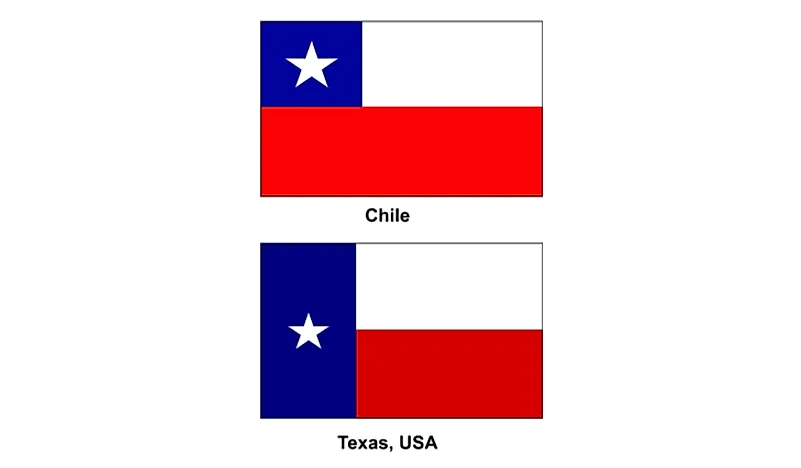The government of Paraguay is administered under a representative democratic republic, which means the citizens vote for individuals to represent their interests in government. Governmental responsibilities are administered via 3 branches: executive, legislative, and judicial. The President of Paraguay leads the executive branch and acts as both the Head of Government and the Head of State. Legislative powers are carried out by the bicameral National Congress, which is made up of the Chamber of Senators (45 seats) and the Chamber of Deputies (80 seats). Finally, the judicial branch acts independently and its highest power is held by the Supreme Court of Paraguay.
Voting in Paraguay is mandatory for citizens between the ages of 18 and 75. The presidential candidate may win the election with less than 50% of the vote as long as they have received the majority during the election. For example, President Cartes won the election with only 45.8% of the vote. Since the 1992 Constitution, presidents of Paraguay have been limited to serving a single 5-year term. In 2017, however, the Senate voted to remove that limit, a decision that has been met with public protest. Both the 45 members of the Senate and the 80 members of the Chamber of Representatives are elected based on proportional representation. Each congressional house member serves a 5-year term.
Both houses of the National Congress meet in the Congress Building, which is located in the capital city Asuncón. After the Senate vote to eliminate the presidential term limits set forth in the 1992 Constitution, this site became the center for a number of public protests and riots. In fact, in March of 2017, protesters set fire to the building. Some of the offices within the building are still able to be used, however.
Paraguay was previously dominated by one political party, the Colorado Party, until the 2008 election. Other parliamentary parties in Paraguay include the Authentic Radical Liberal Party, the Party For a Country of Solidarity, the Progressive Democratic Party, the national Republica Association, the Beloved Fatherland Party, and the National Union of Ethical Citizens.
This page was last modified on May 1st, 2018
More on Graphicmaps

Published on 2019-11-06
What is a Trade Embargo?

Published on 2019-11-04
Which Two Countries Used to Have the Same Flag?

Published on 2019-09-16
What Is the Only Two-Sided State Flag?

Published on 2019-09-16
Which Country Flag Looks Like the Texas Flag?

Published on 2019-08-29
Flags That Resemble the US Flag

Published on 2019-08-20
